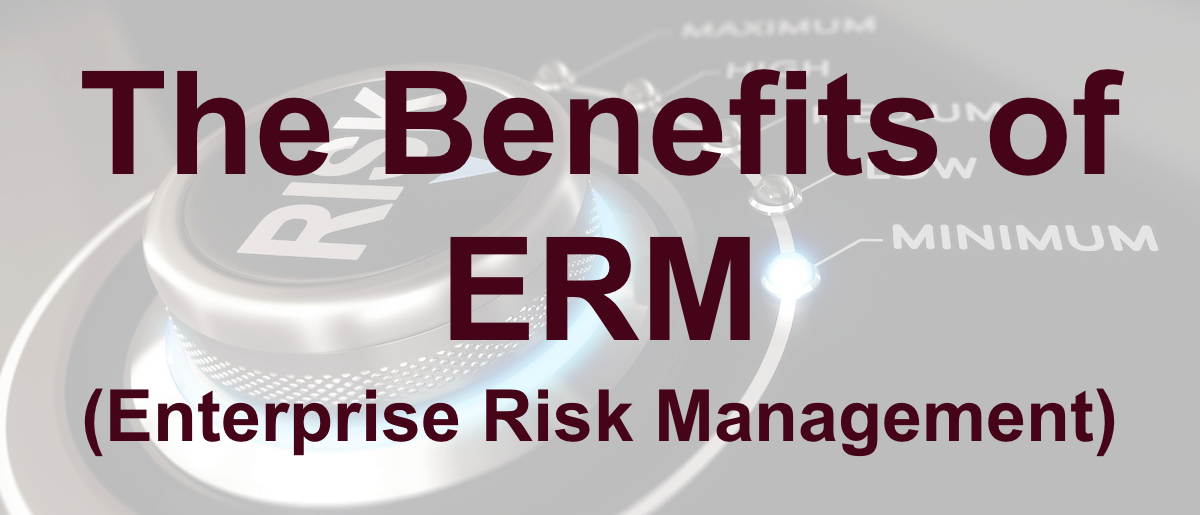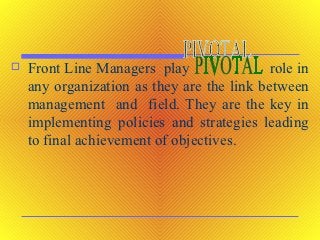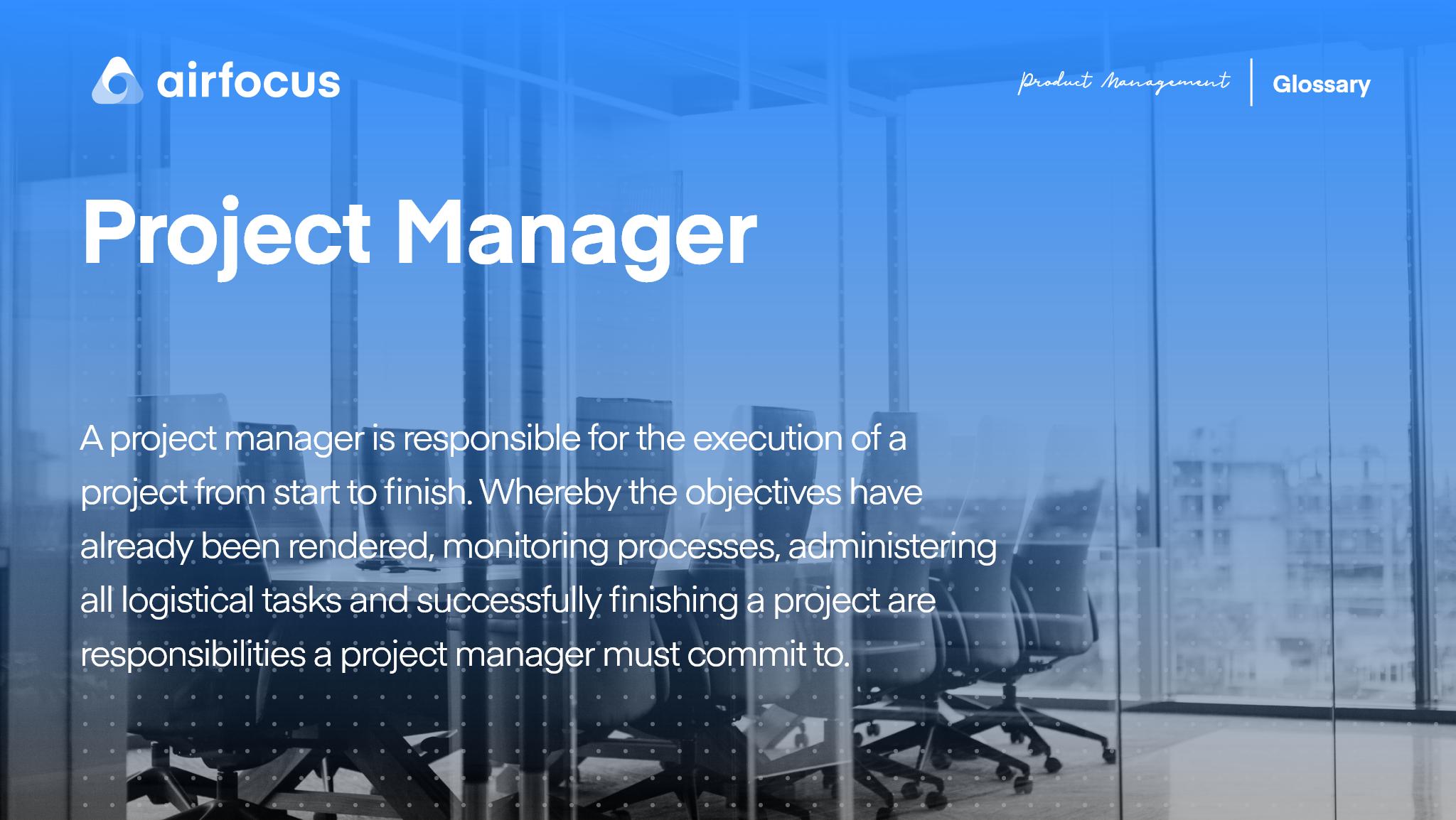
For getting things done and keeping a schedule, time management skills are essential. You can use time management skills to get things done, whether you're a student, professional or just looking for a job. Time management is about planning your work and setting aside time each day to achieve your goals. This helps you organize your tasks and calendar so you don't have to scramble at the last moment. It can also be used to help you manage time and prioritize tasks.
Create a schedule
Creating a schedule is a crucial skill to have for effective time management. It helps you see what tasks you need and when they must be completed. It shows you which tasks take more effort and how long you'll need to complete them. You can improve your planning skills and prioritization by making sure your schedule is up-to-date. Planning and organizing your entire life can be made easier by having a detailed schedule.

Prioritizing tasks
It is important that you can prioritize the tasks that you find most important in time management. You will need to establish a prioritized list of tasks and then allocate time accordingly. You should place, for example, a team presentation due in a few weeks at the top. It is also important to assess the value of each task so that you can choose what to do first.
Setting deadlines
Setting deadlines is an essential skill in time management. This helps you monitor your time and identify what needs to be done before it is too late. It is possible to use your past projects to help you determine when you must meet deadlines and how long you will need to finish the task. It's important to realize that the best time management tips may not be appropriate for your type of work, so it's important to find a method that works for you.
System creation
Creating a system for time management skills can help you stay on track and prioritize your tasks. You might consider writing down the three most important tasks you must complete in a given day. It is critical to remember that every system takes time to develop. It is possible to enlist the assistance of a virtual assistant, or other team members, in order to get the system up and running quickly. Once you have the system in place, you can use reminders to remind yourself of what you need to do on your computer, phone or watch.
Create SMART goals
SMART goals are a good way to make your life more efficient. These goals should be realistic, achievable, timely, appropriate, and relevant to your circumstances. Time-bound objectives are defined as the deadline and date by which the goal must be completed. To meet your deadline you must stay on target and not diverge from your original goals. SMART objectives will help manage your time better and help reach your goals.

Embracing your flaws
Your flaws are a key ingredient to a productive and fulfilling life. Accepting and accepting your imperfections will help you make better decisions, and improve your self-esteem. It helps you have a positive outlook on your life and about yourself. You are unique because of your flaws. By accepting your flaws, you will find that time management will become easier.
FAQ
What is the difference between management and leadership?
Leadership is about influencing others. Management is about controlling others.
A leader inspires followers while a manager directs workers.
A leader inspires others to succeed, while a manager helps workers stay on task.
A leader develops people; a manager manages people.
What are the five management processes?
These five stages are: planning, execution monitoring, review and evaluation.
Planning means setting goals for the long-term. It includes defining what you want to achieve and how you plan to do it.
Execution happens when you actually do the plan. You need to make sure they're followed by everyone involved.
Monitoring is the process of evaluating your progress toward achieving your objectives. This should involve regular reviews of performance against targets and budgets.
Review events take place at each year's end. They give you an opportunity to review the year and assess how it went. If not, changes may be made to improve the performance next time around.
Following the annual review, evaluation is done. It helps identify what worked well and what didn't. It also provides feedback on how well people performed.
What are some of the common mistakes made by managers?
Managers can make their jobs more difficult than necessary.
They may not be able to delegate enough responsibility to staff or provide adequate support.
Many managers lack the communication skills to motivate and lead their employees.
Some managers create unrealistic expectations for their teams.
Managers may choose to solve every problem all by themselves, instead of delegating to others.
How do you manage your employees effectively?
Managing employees effectively means ensuring that they are happy and productive.
It is important to set clear expectations about their behavior and keep track of their performance.
Managers must set clear goals for their employees and themselves to achieve this goal.
They should communicate clearly with employees. They should also ensure that they both reward high performers and discipline those who are not performing to their standards.
They must also keep records of team activities. These include:
-
What was the result?
-
How much work was done?
-
Who did it all?
-
When it was done?
-
Why was this done?
This information can be used for monitoring performance and evaluating results.
Statistics
- As of 2020, personal bankers or tellers make an average of $32,620 per year, according to the BLS. (wgu.edu)
- Our program is 100% engineered for your success. (online.uc.edu)
- This field is expected to grow about 7% by 2028, a bit faster than the national average for job growth. (wgu.edu)
- 100% of the courses are offered online, and no campus visits are required — a big time-saver for you. (online.uc.edu)
- UpCounsel accepts only the top 5 percent of lawyers on its site. (upcounsel.com)
External Links
How To
How can you implement Quality Management Plan (QMP).
QMP (Quality Management Plan), introduced in ISO 9001,2008, provides a systematic method for improving processes, products, or services through continuous improvement. It emphasizes on how to continuously measure, analyze, control, and improve processes, product/service, and customer satisfaction.
The QMP is a standard method used to ensure good business performance. QMP is a standard method that improves the production process, service delivery, customer relationship, and overall business performance. QMPs should encompass all three components - Products and Services, as well as Processes. A "Process" QMP is one that only includes one aspect. If the QMP is focused on a product/service, it's called a QMP. The QMP that focuses on customer relationships is known as the "Customer" QMP.
When implementing a QMP, there are two main elements: Scope and Strategy. They can be described as follows:
Scope is what the QMP covers and how long it will last. For example, if your organization wants to implement a QMP for six months, this scope will define the activities performed during the first six months.
Strategy: These are the steps taken in order to reach the goals listed in the scope.
A typical QMP has five phases: Planning (Design, Development), Implementation (Implementation), and Maintenance. Each phase is explained below:
Planning: This stage is where the QMP objectives are identified and prioritized. Every stakeholder involved in the project is consulted to determine their expectations and needs. After identifying the objectives, priorities, and stakeholder involvement, the next step is to develop the strategy for achieving these objectives.
Design: During this stage, the design team develops the vision, mission, strategies, and tactics required for the successful implementation of the QMP. These strategies are then put into practice by creating detailed plans.
Development: This is where the development team works to build the capabilities and resources necessary for the successful implementation of the QMP.
Implementation involves the actual implementation using the planned strategies.
Maintenance: It is an ongoing process that maintains the QMP over time.
Additionally, the QMP should include additional items:
Participation by Stakeholders is essential for the QMP's continued success. They are required to actively participate in the planning, design and development of the QMP, as well as the implementation and maintenance phases.
Project Initiation: The initiation of any project requires a clear understanding of the problem statement and the solution. Also, the initiator should understand why they are doing it and what they expect.
Time frame: The QMP's timeframe is critical. The simplest version can be used if the QMP is only being implemented for a short time. You may need to upgrade if you plan on implementing the QMP for a long time.
Cost Estimation. Cost estimation is another crucial component of QMP. It is impossible to plan without knowing what you will spend. It is therefore important to calculate the cost before you start the QMP.
QMPs are not only a document, but also a living document. This is the most important aspect of QMPs. It is constantly changing as the company changes. So, it should be reviewed periodically to make sure that it still meets the needs of the organization.